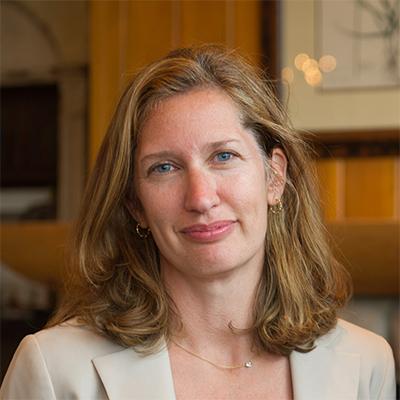I’m a sucker for a good Year in Review. When else do we push ourselves to assess impact and think about what’s coming next? Here’s what we at CRPE are pondering as we contemplate the past and enter 2015.
In the past several years, CRPE has made its mark in a number of areas. We have a strong reputation for balanced research and pragmatic policy guidance on portfolio management strategies, state accountability systems, charter schools, special education, innovation, talent strategies, state education agencies, analyzing spending patterns within school districts, and many other topics.
More than any one idea or topic area, however, CRPE is known for our ability to identify emerging challenges or policy questions and craft forward-looking research and policy agendas. For that reason, our work is always evolving with an eye toward our central charge: finding ways to make all public schools effective, equitable, and responsive to family needs.
In that vein, we’ve recently begun to shift our research agenda to a city- or metro-wide, rather than a district, focus. Instead of examining how charter or district schools are performing in a given city or thinking about how districts or charter authorizers can oversee their schools effectively, we believe city leaders need to think of education as a metropolitan concern, in the same way they think about economic development, employment, crime, and other more traditional civic issues.
This metropolitan-wide perspective is necessary because families can exercise choice across neighborhood and city boundaries, and schools receive public support via charter, voucher, and tax credit programs, as well as from traditional districts. CRPE has led the field in looking across traditional governance boundaries and asking how school choice can work effectively for all families. We’re asking research questions like:
- Is public education in a city or metro area as a whole improving?
- What kinds of new opportunities does choice at scale present and what challenges are arising for families?
- What new governance models can cities adopt when neither the traditional district nor new schools of choice has the incentive or capacity to coordinate transportation, special education, and outreach to families no one is serving well?
- How can district and charter leaders work together to take successful education strategies to scale throughout the city?
- How can new equity and access challenges be addressed in a citywide system of choice?
- How can special education, parent information, and other services be reimagined to work effectively in high-choice cities?
- How can city and community assets be leveraged to support citywide school improvement?
- Why should mayors and other city leaders care about school reform and what can they do to help?
We’re conducting a number of specific research projects and convenings, and framing papers, which will culminate in a new book on the role of education in vibrant cities. We’ve recently published several reports and papers based on a recent case study of Detroit, which we hope will help shape efforts to formulate a citywide plan for Detroit’s city schools. CRPE also conducted a parent survey of eight “high-choice” cities, which showed that cities also have much work ahead to make school choice work effectively for all families. In mid-2015 we will release indicators of progress on performance, equity, and innovation for 50 cities with high concentrations of schools of choice.
By virtue of our cross-sector work on district-charter collaboration, district portfolio strategies, and charter school policy, CRPE is uniquely positioned to play a central role as more cities encounter these issues. But we also have an obligation, we believe, to push policy makers, charter leaders, and district leaders to address problems and find novel and creative solutions. We will not be shy in doing so.
While we will always press for new ideas that challenge the status quo, we will also continue to insist on a fair assessment of reform strategies based on the most rigorous methods possible. This is CRPE’s sweet spot. This year, we think we did this well in our work on special education enrollment patterns in charter schools. We see school discipline in charter and district schools as the next topic that could benefit from this CRPE “lens.” There are a lot of different voices engaged in this important topic, but it deserves better data and analysis and must be elevated to focus on citywide solutions.
In the coming year, we will also continue to pursue broader questions about how school districts, states, and the federal government can promote effective and innovative public schools at scale. Most immediately, we’re working on:
- Next-generation accountability systems that overcome problems from the past while still ensuring that students aren’t stuck in chronically low-performing schools.
- Ways that school districts can aggressively develop and sustain innovative school models to dramatically customize education.
- Strategies for rigorous R & D efforts around technology in education.
- Learning which charter school oversight and accountability approaches are most effective.
- Developing new ideas for how cities can bring education reforms together with economic development, housing, social services, and mental health services to create sustainable urban paths to upward mobility.
- Systemic changes to improve school discipline policies.
So here’s to 2015. While debate around Common Core and ESEA reauthorization rages in Washington D.C., CRPE will stay focused on the issues that are emerging on the ground today as states and cities work toward high-quality, fair, and innovative public schools at scale.



